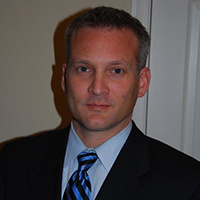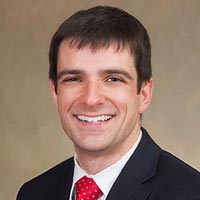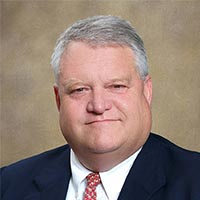New Canton Estate Lawyer, Virginia
Sponsored Law Firm
-
 x
x

Click For More Info:
-
Price Benowitz LLP
409 7Th St Nw Suite 200 Washington, DC 20004» view mapEstate Law Working Relentlessly For You
Our firm was built on the understanding that comprehensive representation does not begin and end in the courtroom.
202-600-9400
Michael Glendon Henkle
✓ VERIFIEDGlen Henkle is a lifelong Virginian whose family has proudly called this state home for over 200 years. Although born in Richmond, he was raised and a... (more)
William T. Woodrow
✓ VERIFIEDWill is a graduate of the University of Virginia School of Law and is a proficient litigator, with a variety of positive experiences in the Courts. He... (more)
Meredith Yoder
✓ VERIFIEDPractice focuses on business and commercial law matters, including: civil litigation, mergers and acquisitions, general corporate matters; commercial ... (more)
Trevor Reid
✓ VERIFIEDMr. Reid joined Parker, Pollard & Brown as an associate after receiving his law degree from the University of Richmond in 2008. His practice is concen... (more)
Stephen Scarce
✓ VERIFIEDSteve Bryant is a member of the firm’s litigation section. Steve defends clients charged with serious traffic offenses including DUIs; he was recen... (more)
 Seth Price Washington, DC
Seth Price Washington, DC AboutPrice Benowitz LLP
AboutPrice Benowitz LLP Practice AreasExpertise
Practice AreasExpertise





